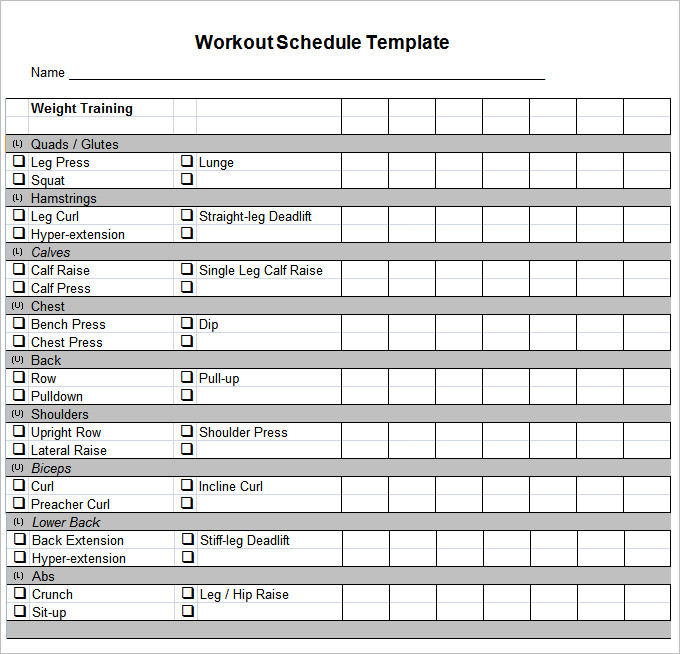
Routine adherence monitoring can be implemented in an outpatient setting. Treatment regimens were changed in 8/28 patients based on adherence data. Evening adherence (75%) was better than morning adherence (58%: p=0.012). Considerable variation in adherence, both between and within patients, was evident (Mean coefficient of variation, 37%).

Overall monthly adherence to nebulised antibiotic therapy in 28 children was maintained between 60 and 70% over the year. In CF children infected with Pseudomonas aeruginosa, downloaded data from an AAD device was used to calculate morning, evening and overall monthly adherence to antibiotic therapy over a year. Using one such device, we have monitored nebulised antibiotic adherence in children with Cystic Fibrosis (CF).

Adaptive aerosol delivery (AAD) nebuliser devices can reduce treatment times whilst enabling adherence to be monitored using inbuilt data logs.


 0 kommentar(er)
0 kommentar(er)
